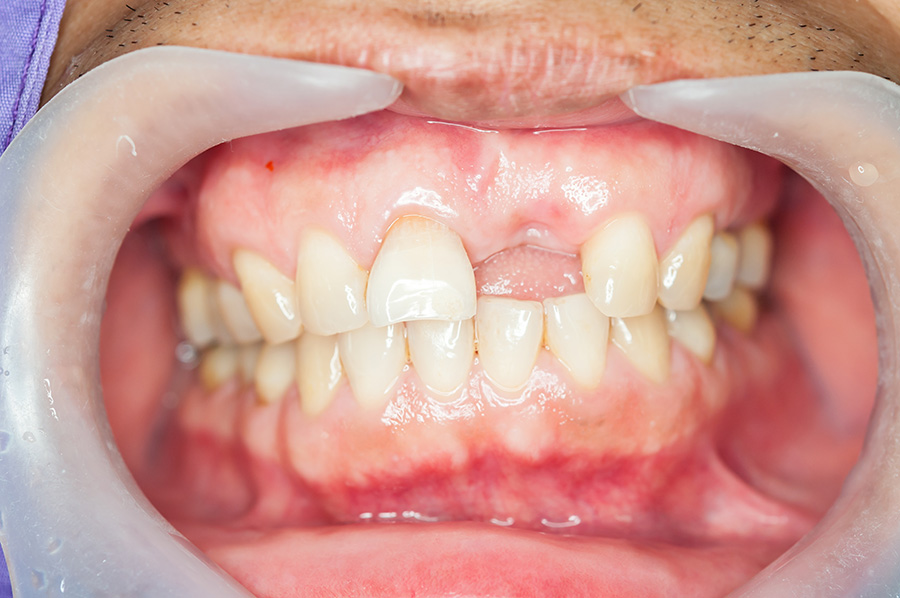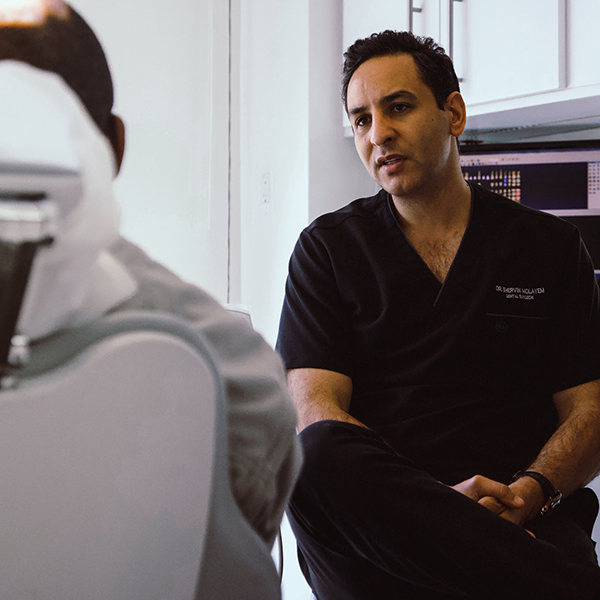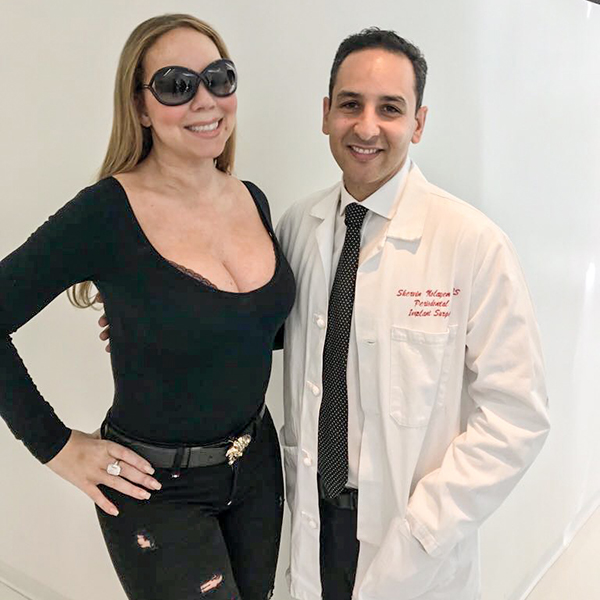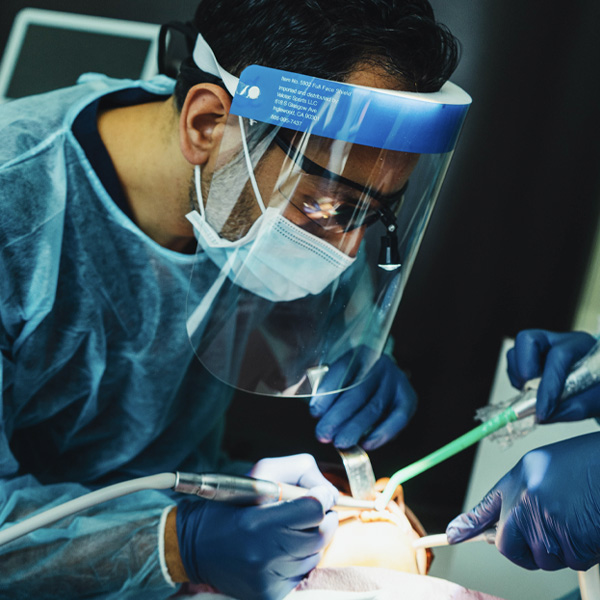Dr. Molayem believes that Oral health is intimately interconnected to the overall health of an individual.
Bone Grafts
A bone graft procedure might sound scary, but it’s actually very common in modern medicine, including dental care. Our bodies naturally make new bone cells. However, sometimes you may not have enough bone in your jaw. Dental bone grafts are used to replace the missing bone and help grow new bone.

Untreated gum disease can lead to gum tissue loss, tooth loss and bone loss in your jaw. This begins when bacteria in plaque causes inflammation and tenderness in the gums. When gums swell and bleed, this condition is called gingivitis.
If gingivitis continues untreated, it can turn into periodontal disease (the most common cause for tooth loss in adults), which goes below the gum line and infects tissue beneath the teeth. The teeth can become loose and may eventually fall out. People can get a bone graft to build up their jawbone after it has been damaged by disease.
During a dental bone graft procedure, a dentist or an oral surgeon will make an incision, fold back part of the gum, clean out infected gum tissue, and then graft new bone material to the natural bone. Over time, your bone will create new bone cells around the grafted material. Bone grafts may increase the chances of keeping your teeth.
Bone grafts are also done to hold a dental implant, which requires strong and thick jawbone. For a dental implant, the old tooth is extracted, and then a bone graft is inserted to create a stable structure for the implant to be screwed in after the graft heals. This can take a few months, but it will be well worth waiting because new bone growth will eventually replace the graft.
Bone grafts can be made from a synthetic materials (manufactured) , a cadaver or from a piece of bone removed from another part of your body; sometimes bone can be taken from your hip.
After a bone graft, your dentist or oral surgeon will prescribe some painkillers. You should also use ice to keep the swelling down. You may need a liquid or soft diet during this recovery time. Don’t eat anything hard or crunchy during recovery.
If you think you may need a bone graft or are experiencing pain in your gum or teeth, please contact Dr. Molayem. Dental problems do not go away on their own, but we are here to help you save your gums, teeth and smile.



